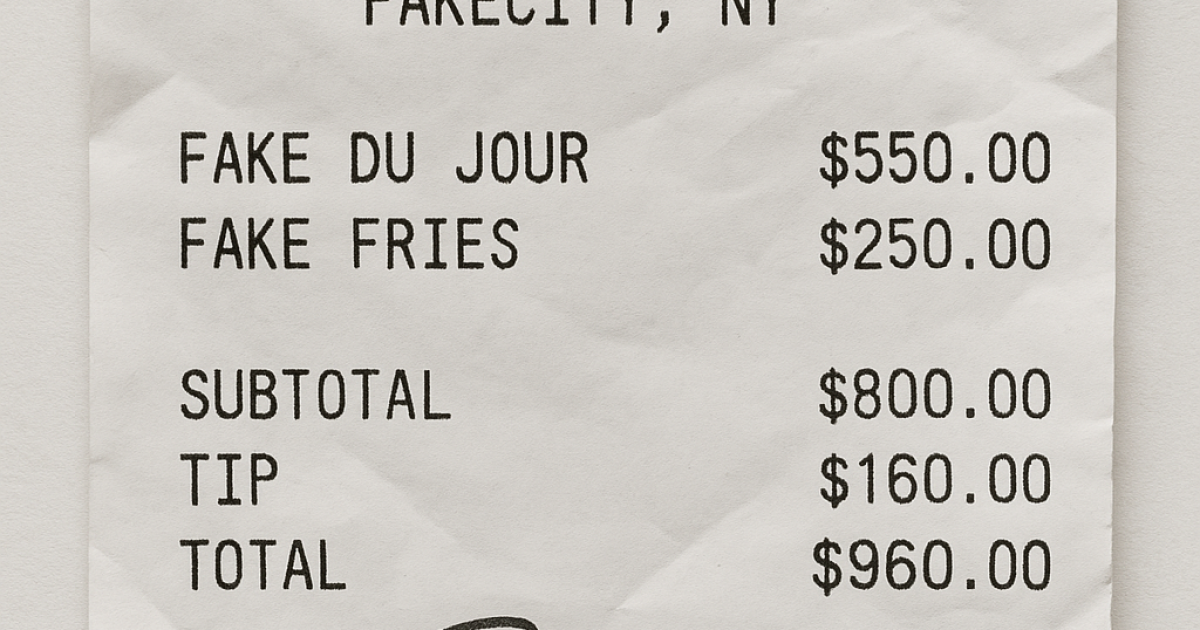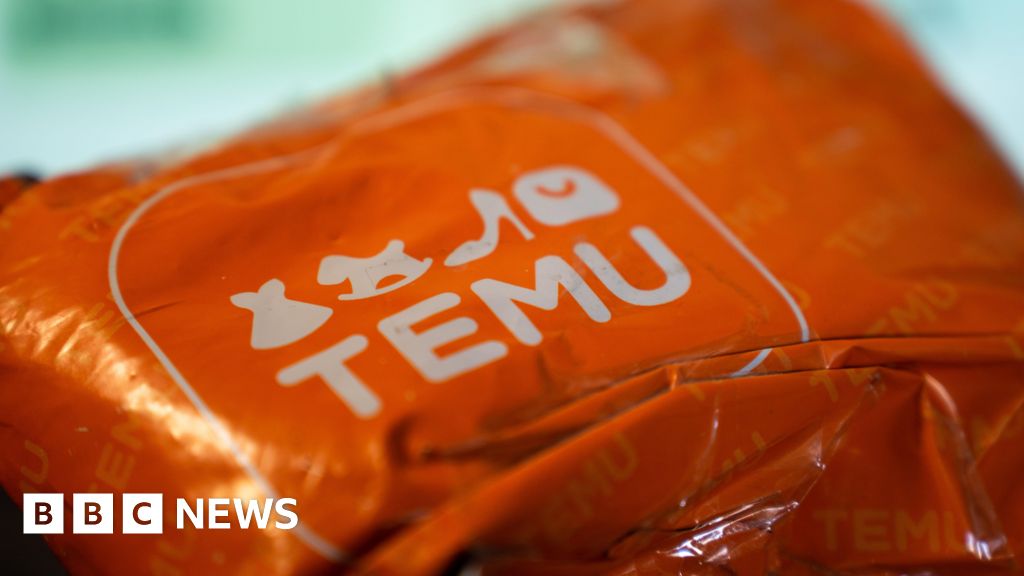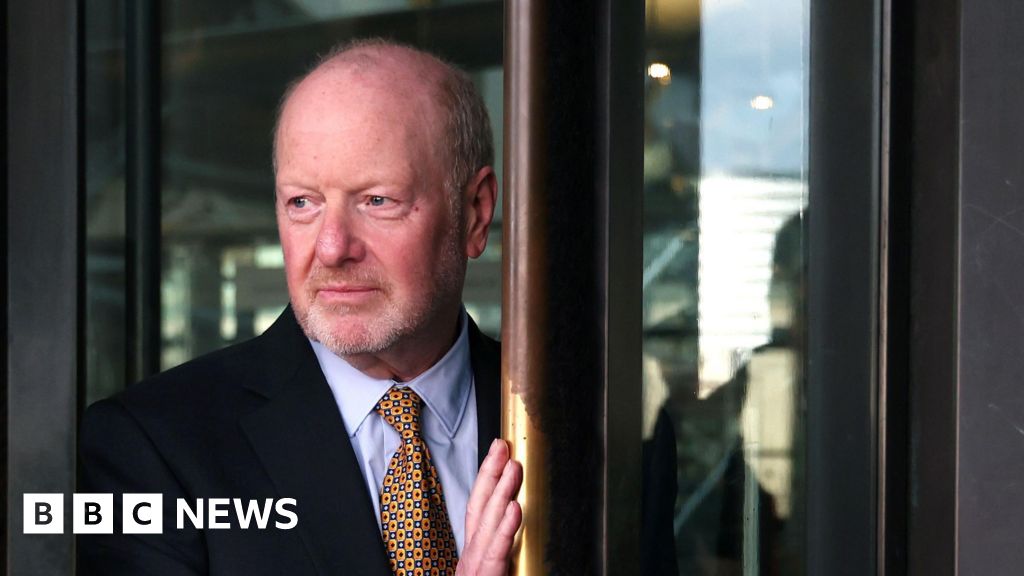China’s largest bank is being sued by Dutch lender ING for losses suffered in a batch of copper deals in a case that highlights the risks of servicing the scandal-plagued world of commodity trading.
Amsterdam-based ING is claiming $170mn in damages from Industrial and Commercial Bank of China, alleging it breached contract terms by releasing export documents for copper transactions without collecting payment, according to a Hong Kong court filing seen by the Financial Times.
That resulted in ING booking losses on metals sold to China’s biggest copper trader Maike Metals International by Triway International, a fully owned subsidiary of Maike based in Hong Kong. Maike banked with ICBC and Triway with ING, but the latter trader did not receive payment and ING had been financing its deals, according to one person close to the Dutch lender.
ICBC’s alleged breach of contract happened just before Maike declared a liquidity crisis last September when it said it would have to sell assets and shareholdings as it became low on cash.
The commodity trader, which had handled a quarter of the country’s refined copper imports but is now being restructured, became squeezed after it raised short-term financing, using its copper stocks as collateral, to invest in China’s property market. Those investments turned sour amid rigid zero-Covid policies and Beijing’s crackdown on the sector.
Maike’s financial troubles have added to concerns about the metals trading sector, which has been rocked by a series of frauds. Glencore and other global trading groups stopped supplying Chinese metals merchant Huludao Ruisheng last year after $500mn worth of copper went missing. Singapore-based trader Trafigura said in January it was the victim of a $577mn nickel fraud, while bags of stones were discovered instead of nickel inside a London Metal Exchange warehouse last month.
ICBC is the main bank of Maike, whose headquarters are located in Xi’an, the capital of the northwestern province of Shaanxi. ICBC removed the head of its main Xi’an branch last October because of problems with its international trade financing businesses, according to a report in the Chinese financial news outlet Caixin. Maike was the branch’s biggest customer, the report noted.
The legal action puts China’s largest state bank by assets at reputational risk and the China Banking and Insurance Regulatory Commission, the country’s top banking watchdog, has asked ING about the case, according to a person familiar with the matter.
Western commodity traders and financiers believe the outcome of the lawsuit will help determine levels of confidence around the continuation of commodity financing in China. Western banks have been gradually retreating from a type of lending they once dominated in mainland China after suffering losses and being exposed to fraud.
Among those, the largest US bank in metals trading, JPMorgan Chase, has substantially cut its exposure to Asian clients after acting as the counterparty to China’s largest stainless steel producer Tsingshan, whose substantial short position was central to the suspension of nickel trading on the LME just over a year ago.
Colin Hamilton, managing director of commodity research at BMO Capital Markets, said banks’ concerns in recent years had been mitigated somewhat by confidence in the arbitration system provided by the courts.
“This [case] may raise governance concerns up another notch,” he said. “Moreover, we might even see some form of ‘governance premium’ applied [by banks] to trade finance into China to cover legal and insurance costs.”
The Hong Kong High Court held a hearing on the case on April 12.
ING and Maike declined to comment on the case, as did law firms Reed Smith and King & Wood Mallesons, which represent ING and ICBC respectively. ICBC and the CBIRC did not immediately respond to requests for comment.
Additional reporting by Chan Ho-him in Hong Kong
Credit: Source link










